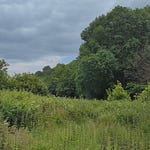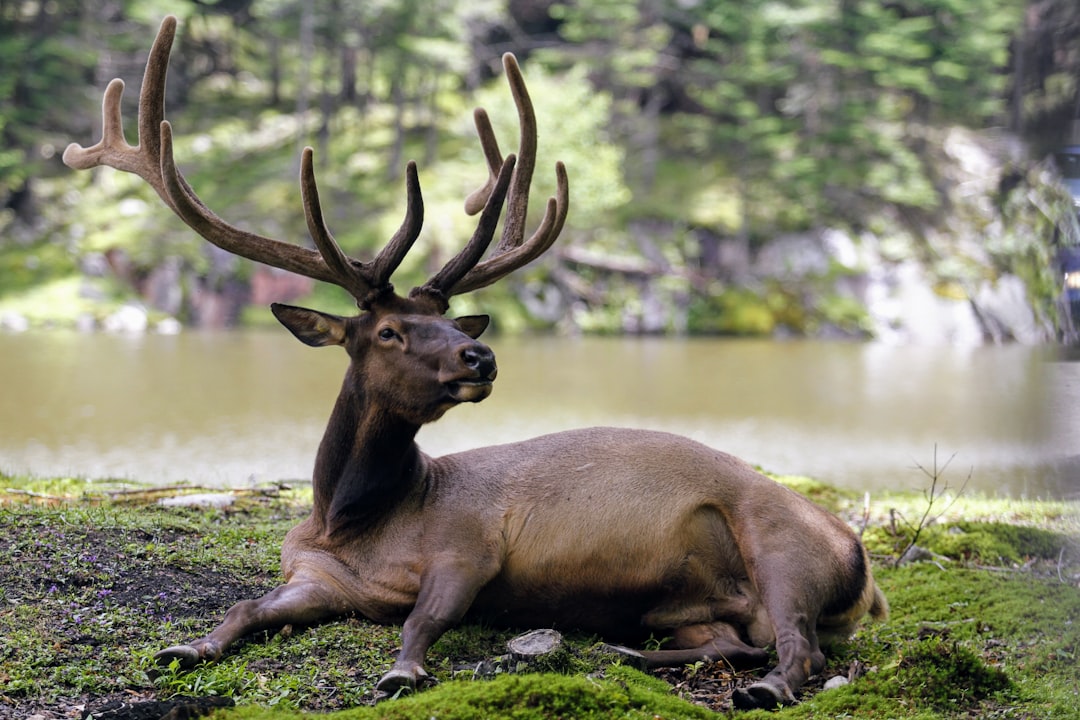Trees are an essential ingredient in any wild nature conservation project. 2 narrated videos show you the beauty of the old, dense woodland in LettsSafari’s Dawlish Park (above) and the development of a young Willow copse sitting at the base of a new wetland area (below). Over the next few weeks we will examine the importance of trees at LettsSafari parks, our carbon removal and restoration programmes and explain which trees are best at storing carbon and why. Getting it right can make a real difference.
LettsSafari members are invited to join us on October 12th for a special tree day at Exeter’s Capability Brown gardens. Learn about the amazing trees, the wild tree growing programme and pick your own Capability Brown sapling to take home! Upgrade to paid subscriber or Patron to get your invite.
Trees store carbon - but how?
When trees photosynthesise, they absorb carbon dioxide (CO2) from the atmosphere and convert it into organic matter, such as leaves, branches, and roots. The carbon is stored in the tree's biomass—its trunks, stems, leaves, and roots. Over time, as trees grow, they accumulate more carbon removing it from the atmosphere and storing it for decades, even centuries.

The carbon storage capacity of a tree depends on its species, age, size, and environmental conditions. Large, mature trees store more carbon than smaller, younger trees due to their greater biomass. Recent research has also shown that large, old trees store longer-term carbon and young trees store shorter-term carbon. Also, it seems, older trees teach young trees how to go about storing carbon!










